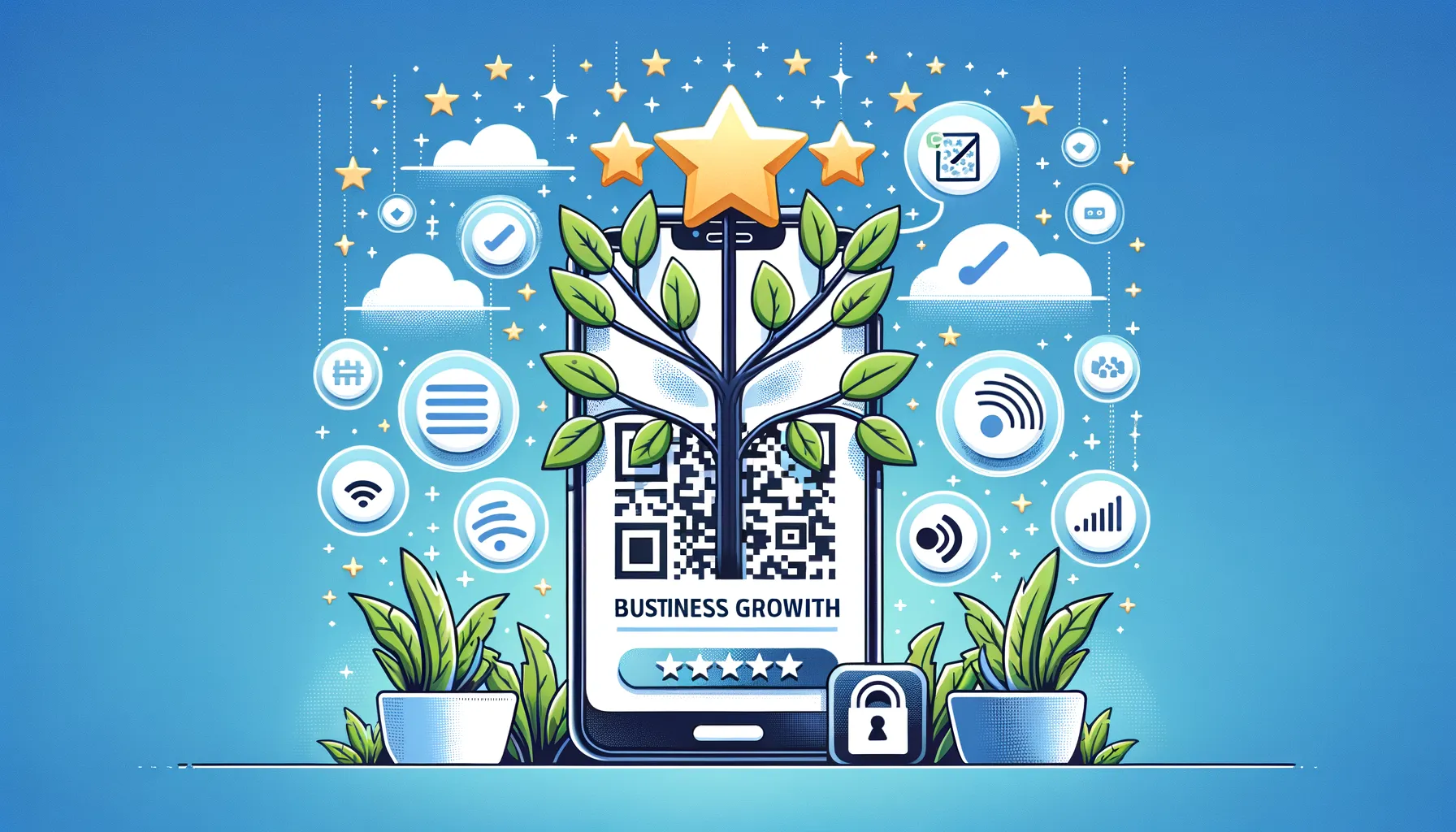Discover the top 10 unique and effective strategies for taking your digital marketing campaign to the next level now!

Image courtesy of Andrea Piacquadio via Pexels
Table of Contents
Welcome to the ultimate guide to creating a successful digital marketing campaign. In today’s digital age, having a solid online presence is crucial for businesses of all sizes. Whether you are a startup agency, influencer, business owner, or marketing agency, these strategies will help you reach your target audience, drive engagement, and achieve your marketing goals.
Key Components of a Successful Online Marketing Strategy
Before diving into the specifics of a digital marketing campaign, it’s important to understand the key components of a successful online marketing strategy. These components work together to create a cohesive and effective approach to reaching your audience and growing your brand. The key components include:
Online Advertising
Online advertising involves promoting your products or services through digital channels such as social media, search engines, or display ads. By targeting specific audience segments and monitoring campaign performance, online advertising can help increase brand awareness and drive conversions.
SEO Ranking Improvement
Improving your website’s search engine optimization (SEO) ranking is essential for increasing visibility and organic traffic. By optimizing your website with relevant keywords, high-quality content, and backlinks, you can improve your chances of appearing higher in search engine results pages.
Content Marketing Strategy
A well-crafted content marketing strategy involves creating valuable and relevant content to attract and engage your target audience. By developing a content calendar, producing various content formats, and analyzing performance metrics, you can build brand authority and drive website traffic.
Social Media Growth
Growing your social media following is essential for building brand loyalty and increasing audience engagement. By consistently posting engaging content, interacting with followers, and utilizing paid promotion options, you can expand your reach and connect with potential customers.
Campaign Running and Management
Running successful marketing campaigns involves setting clear goals, defining target audiences, and creating compelling campaign messaging. By monitoring campaign performance, analyzing results, and making adjustments as needed, you can ensure your campaigns are effective and achieve desired outcomes.
Marketing Automation
Automating your marketing efforts can streamline processes, save time, and provide personalized communication with customers. By utilizing automation tools for tasks such as email marketing, social media scheduling, and customer segmentation, you can optimize campaign performance and improve overall ROI.
Improving SEO Ranking
To improve your website’s SEO ranking, follow these strategies:
Utilize Targeted Keywords
Research relevant keywords for your industry and integrate them strategically into your website content, meta tags, and headings.
Optimize Website Content
Create high-quality, valuable content that resonates with your target audience and incorporates keywords naturally.
Build High-Quality Backlinks
Focus on obtaining backlinks from reputable websites in your industry to improve your website’s authority and ranking.
Ensure Mobile-Friendly Design
Optimize your website for mobile devices to provide a seamless user experience and improve search engine rankings.
Regularly Update Content
Keep your website content fresh and relevant by regularly updating blog posts, product pages, and other pages to maintain SEO ranking.
Creating a Content Marketing Strategy
To create a successful content marketing strategy, follow these steps:
Identify Target Audience
Understand your target audience’s preferences, behaviors, and needs to create content that resonates with them.
Set Goals and Objectives
Define clear goals for your content marketing strategy, such as increasing website traffic, generating leads, or boosting brand awareness.
Develop Content Calendar
Create a content calendar to plan and schedule content creation, publication dates, and distribution channels.
Create Valuable Content
Produce high-quality, valuable content that addresses your audience’s pain points, provides solutions, and showcases your expertise.
Utilize Various Content Formats
Diversify your content formats by creating blogs, videos, infographics, podcasts, and other types of content to appeal to different audience preferences.
Measure and Analyze Results
Monitor key performance indicators (KPIs) such as website traffic, engagement metrics, and lead generation to evaluate the success of your content marketing strategy and make data-driven decisions.
Growing Your Social Media Following
To grow your social media following effectively, consider these strategies:
Consistently Post Relevant Content
Regularly share valuable and relevant content that resonates with your audience and encourages engagement.
| Strategy | Description |
|---|---|
| Target Audience Research | Understand your target audience’s demographics, interests, and online behavior to create tailored campaigns. |
| SEO Optimization | Optimize website content and keywords to improve search engine ranking and drive organic traffic. |
| Content Marketing | Create valuable and engaging content to attract and retain customers, position your brand as an industry thought leader. |
| Social Media Marketing | Utilize social media platforms to promote products, engage with customers, and build brand awareness. |
| Email Marketing | Segment email lists, deliver personalized content, and automate campaigns to nurture leads and drive conversions. |
| Pay-Per-Click Advertising | Run targeted ads on search engines and social media platforms to drive traffic, generate leads, and increase sales. |
| Mobile Marketing | Optimize campaigns for mobile devices, utilize mobile apps, and leverage location-based services to reach customers on-the-go. |
| Analytics and Data Tracking | Monitor campaign performance, track key metrics, and analyze data to make informed decisions and optimize strategies. |
| Conversion Rate Optimization | Test and optimize landing pages, forms, and calls-to-action to increase conversion rates and maximize ROI. |
| Continuous Learning and Adaptation | Stay updated on industry trends, experiment with new strategies, and adapt tactics based on feedback and performance data. |
Engage with Followers
Interact with your followers through comments, messages, and direct communication to build relationships and foster community engagement.
Collaborate with Influencers
Partner with influencers or other brands in your industry to extend your reach, gain credibility, and attract new followers.
Use Hashtags and Tags Effectively
Utilize relevant hashtags and tags in your social media posts to increase visibility, reach new audiences, and boost engagement.
Utilize Paid Promotion Options
Consider using paid promotion options such as sponsored posts, social media ads, or influencer partnerships to reach a wider audience and accelerate growth.
Monitor Analytics and Adjust Strategy
Analyze social media analytics, track key metrics such as follower growth, engagement rate, and conversion rate, and adjust your social media strategy accordingly for optimal results.
Running a Successful Campaign
To run a successful marketing campaign, follow these steps:
Define Campaign Goals
Set clear, measurable goals for your campaign, whether it’s increasing website traffic, generating leads, or boosting sales.
Identify Target Audience
Understand your target audience’s demographics, preferences, and behaviors to create a campaign that resonates with them.
Create Compelling Campaign Messaging
Develop creative and compelling campaign messaging that showcases your unique selling proposition, addresses audience pain points, and prompts action.
Choose Appropriate Channels
Select the right mix of marketing channels such as email, social media, PPC, or influencer marketing to reach your target audience effectively.
Monitor and Track Performance
Monitor campaign performance metrics, track key performance indicators, and measure results to evaluate the success of your campaign and make data-driven decisions.
Analyze Results and Make Adjustments
Analyze campaign results, identify areas for improvement, and make necessary adjustments to optimize future campaigns for better performance and ROI.
Benefits of Marketing Automation
Marketing Automation can bring several benefits to your marketing efforts:
Saves Time and Resources
Automating routine marketing tasks allows you to focus on more strategic activities, saving time and resources.
Provides Personalized Communication
Automation tools enable personalized communication with customers based on their behaviors, preferences, and interactions with your brand.
Better Targeting and Segmentation
Segment your audience based on demographics, behaviors, or interests to target them with relevant content and offers for improved engagement and conversions.
Insights and Data for Decision-Making
Marketing automation generates valuable data and insights that can inform your marketing strategy, campaigns, and overall business decisions.
Streamline and Optimize Marketing Processes
Automated workflows streamline and optimize marketing processes, ensuring consistency, efficiency, and better results at scale.
Improved Campaign Performance and ROI
By automating repetitive tasks, personalizing communication, and analyzing data, you can improve overall campaign performance, enhance customer experience, and maximize ROI.
Guide and Support to Your Success
By implementing these strategies and tactics in your digital marketing campaigns, you can create a strong online presence, connect with your target audience effectively, and drive meaningful results for your business.
What are the key components of a successful online marketing strategy?
The key components include online advertising, SEO ranking improvement, content marketing strategy, social media growth, campaign running and management, and marketing automation.
How can I improve my SEO ranking?
To improve SEO ranking, utilize targeted keywords, optimize website content, build high-quality backlinks, ensure mobile-friendly design, and regularly update content.
How can I grow my social media following?
Consistently post relevant content, engage with followers, collaborate with influencers, use hashtags effectively, utilize paid promotion options, and monitor analytics to adjust strategy for optimal growth.
What are the benefits of marketing automation?
Marketing automation saves time and resources, provides personalized communication, enables better targeting and segmentation, offers insights for decision-making, streamlines and optimizes marketing processes, and improves campaign performance and ROI.













